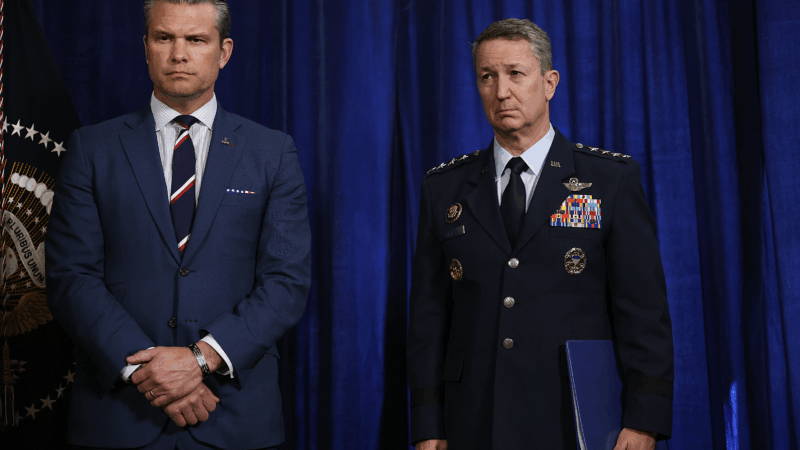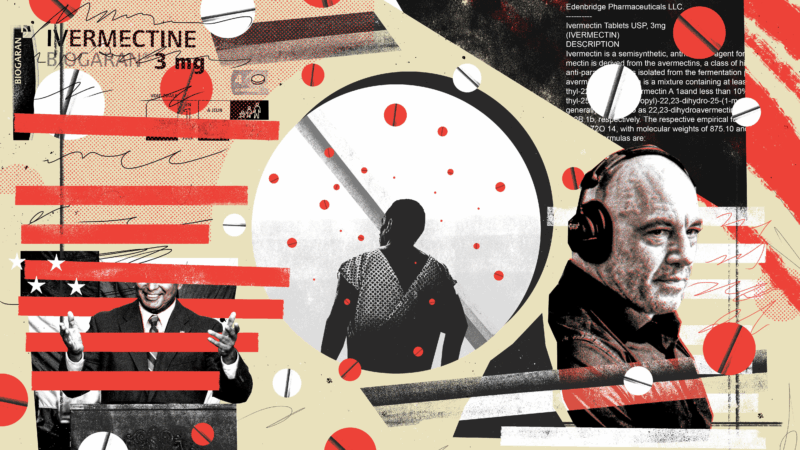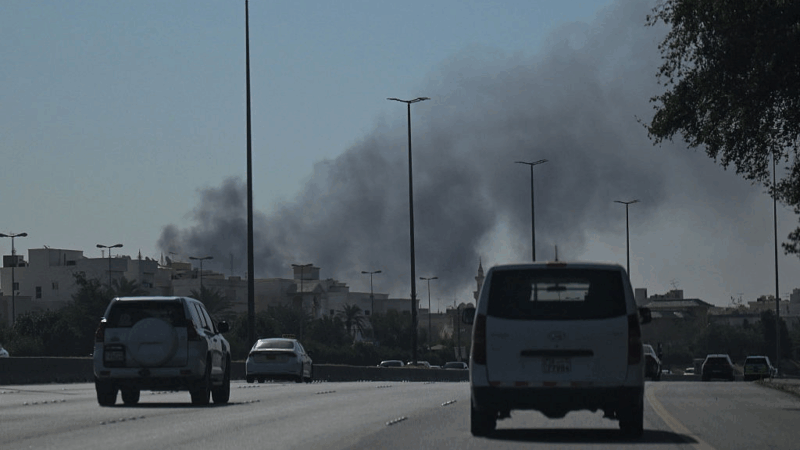Justice Department revokes Biden-era protections for reporters in leak investigations
The Justice Department on Friday rescinded a Biden-era policy that provided protections to journalists in leak investigations, paving the way for authorities to once again use subpoenas and compel testimony from reporters in probes targeting leakers.
“Federal government employees intentionally leaking sensitive information to the media undermines the ability of the Department of Justice to uphold the rule of law, protect civil rights, and keep America safe. This conduct is illegal and wrong, and it must stop,” Attorney General Pam Bondi said in an internal memo issued on Friday and obtained by NPR.
She said the DOJ’s policy allows for subpoenas, court orders and search warrants to get information and testimony from journalists. Such actions must be approved by DOJ leadership and journalists must get advance notice of them. The actions also must be as narrow as possible to avoid interfering with news gathering or “potentially protected materials,” the memo states.
During the Biden administration, the Justice Department said it would no longer secretly seize the records of reporters to identify their sources when investigating leaks, except under limited, specified circumstances.
Bondi’s memo marks a sharp break with that policy and returns to a more aggressive approach to leak investigations used during President Trump’s first term in office, as well as during the presidency of Barack Obama.
In the memo, the attorney general specifically cited instances of leaks under the Trump administration, including sharing classified info about intelligence assessments on the Venezuelan gang Tren de Aragua and news of Dan Caldwell, an adviser to Defense Secretary Pete Hegseth, being put on leave.
Bondi said press independence is important and the DOJ would defend it, “despite the lack of independence of certain members of the legacy news media.” She wrote that the department would try to limit forcing journalists to share information by seeking “enhanced approval” and “advance-notice procedures.”
“The Attorney General must also approve efforts to question or arrest members of thew [sic] news media,” she wrote.
Bruce Brown, president of the Reporters Committee for Freedom of the Press, said that protections for journalists not only serve reporters, but the American public more broadly.
“Some of the most consequential reporting in U.S. history — from Watergate to warrantless wiretapping after 9/11 — was and continues to be made possible because reporters have been able to protect the identities of confidential sources and uncover and report stories that matter to people across the political spectrum,” Brown said in a statement.
Hegseth: ‘We didn’t start this war but under President Trump we’re finishing it’
The remarks are the first to reporters since the U.S.-Israeli military operations against Iran began Saturday despite weeks of talks designed to stave off a conflict.
Ivermectin is making a post-pandemic comeback, among cancer patients
The anti-parasitic drug became a household name during the COVID-19 pandemic, and it is now being embraced as an alternative treatment for cancer. It is as politically polarizing as ever.
Rep. Adam Smith on the U.S. strikes on Iran and the debate over Trump’s war powers
NPR's Leila Fadel asks Democratic Rep. Adam Smith of Washington, the ranking member on the House Armed Services Committee, about President Trump's unilateral authorization to strike Iran.
Iran war widens, threatening to engulf Lebanon
The war over Iran engulfed more of the Middle East and beyond on Monday as Lebanon's militant group Hezbollah responded to the killing of Iran's spiritual leader with its first attack on Israel in more than a year.
Peer pressure can make this clownfish change its stripes
Tomato clownfish, in response to an unpredictable world, appear capable of adjusting when they lose their stripes based on cues from other fish and their habitat, a new study in PLOS Biology finds.
Hezbollah strikes Israel as American and Israeli planes pound Iran
Iran and Iranian-backed militias fired missiles at Israel and Arab states, apparently hitting the U.S. Embassy compound in Kuwait, while Israel and the United States pounded targets in Iran on Monday.





